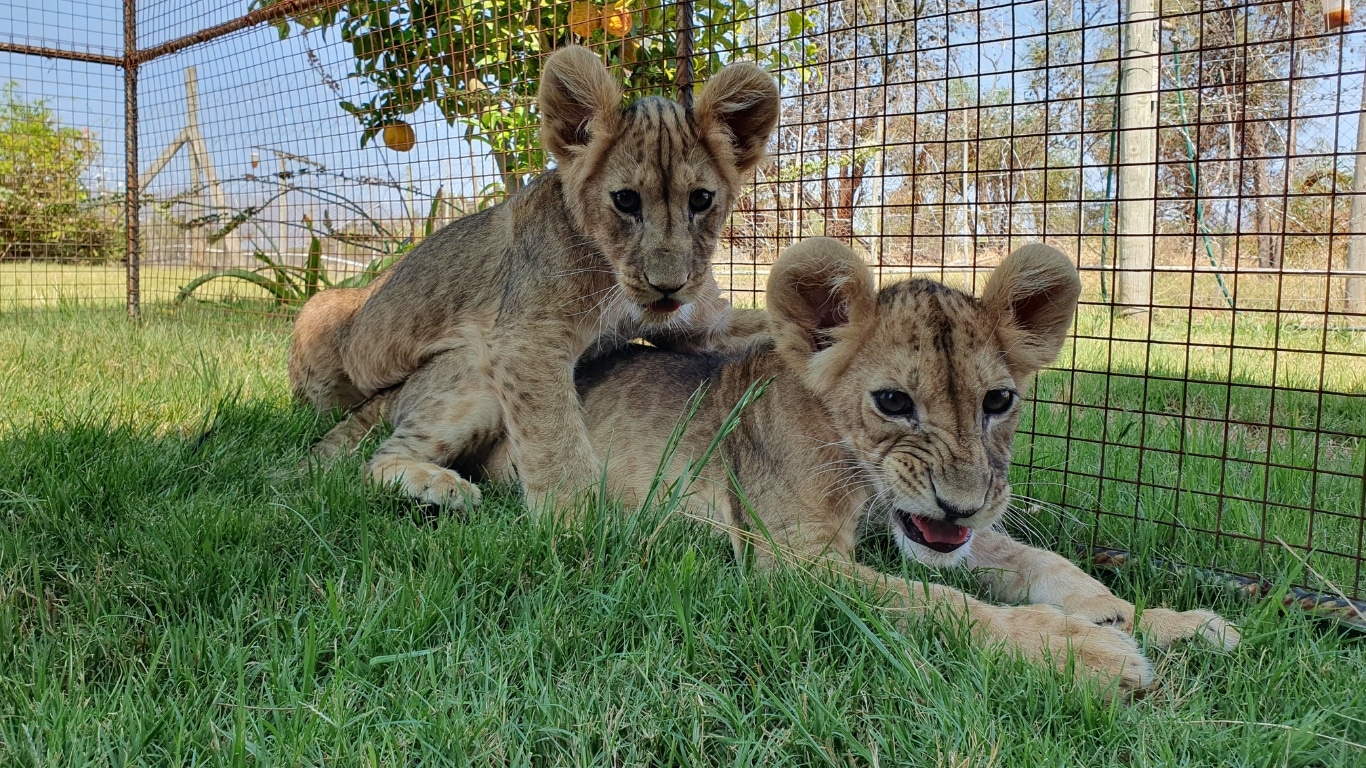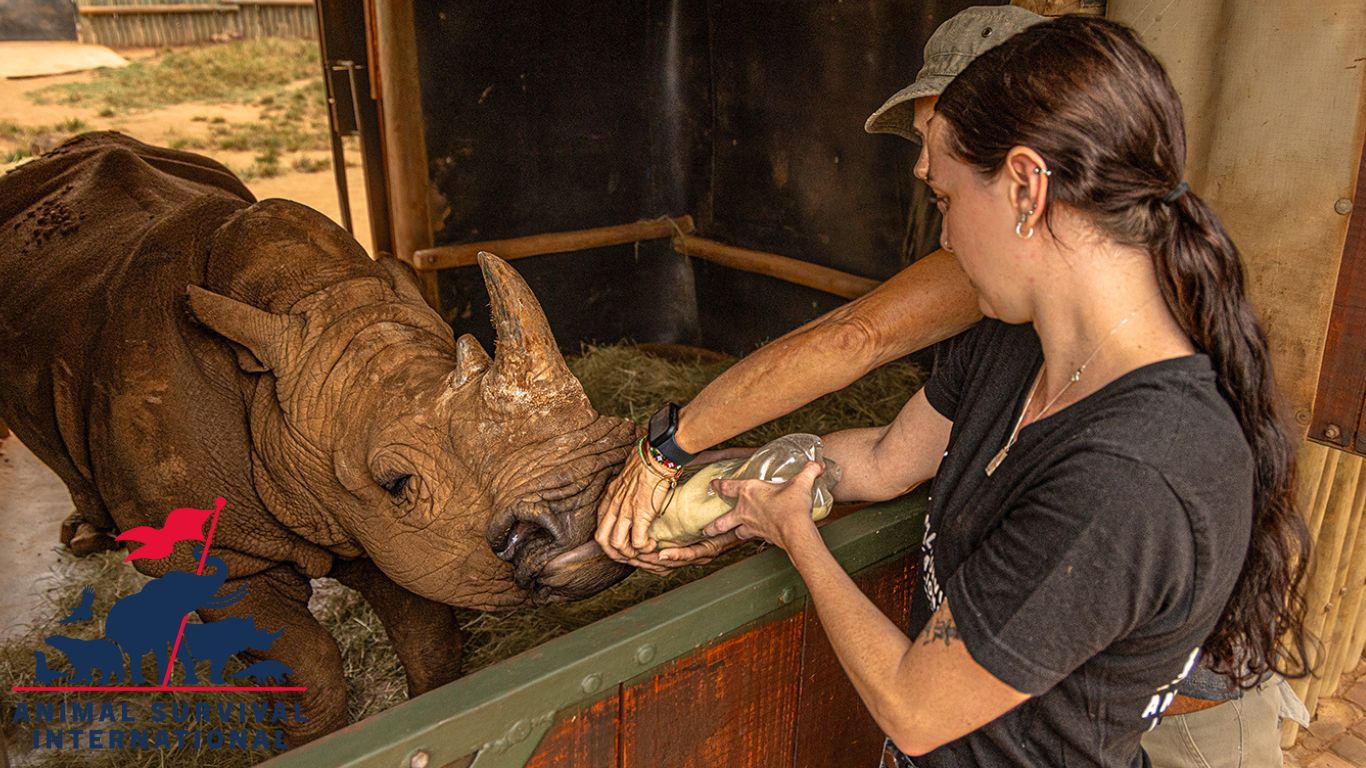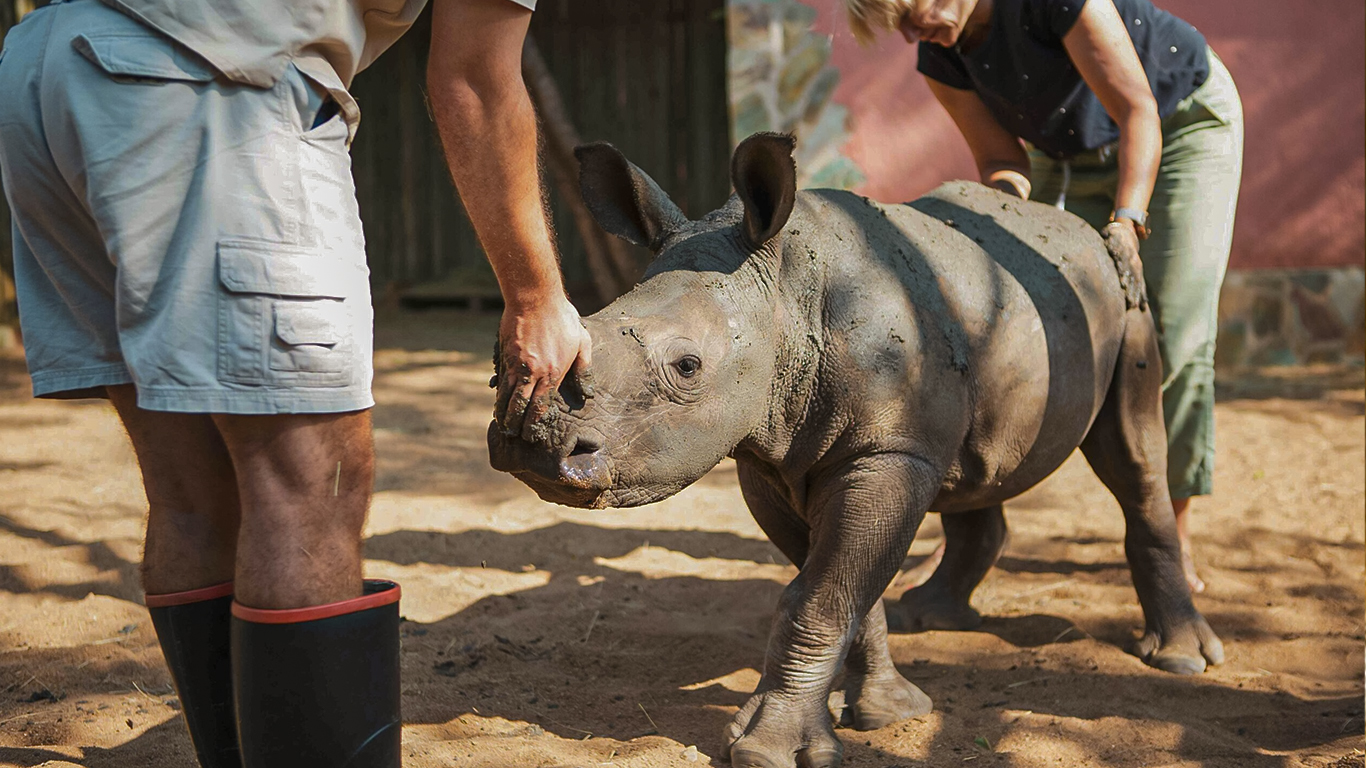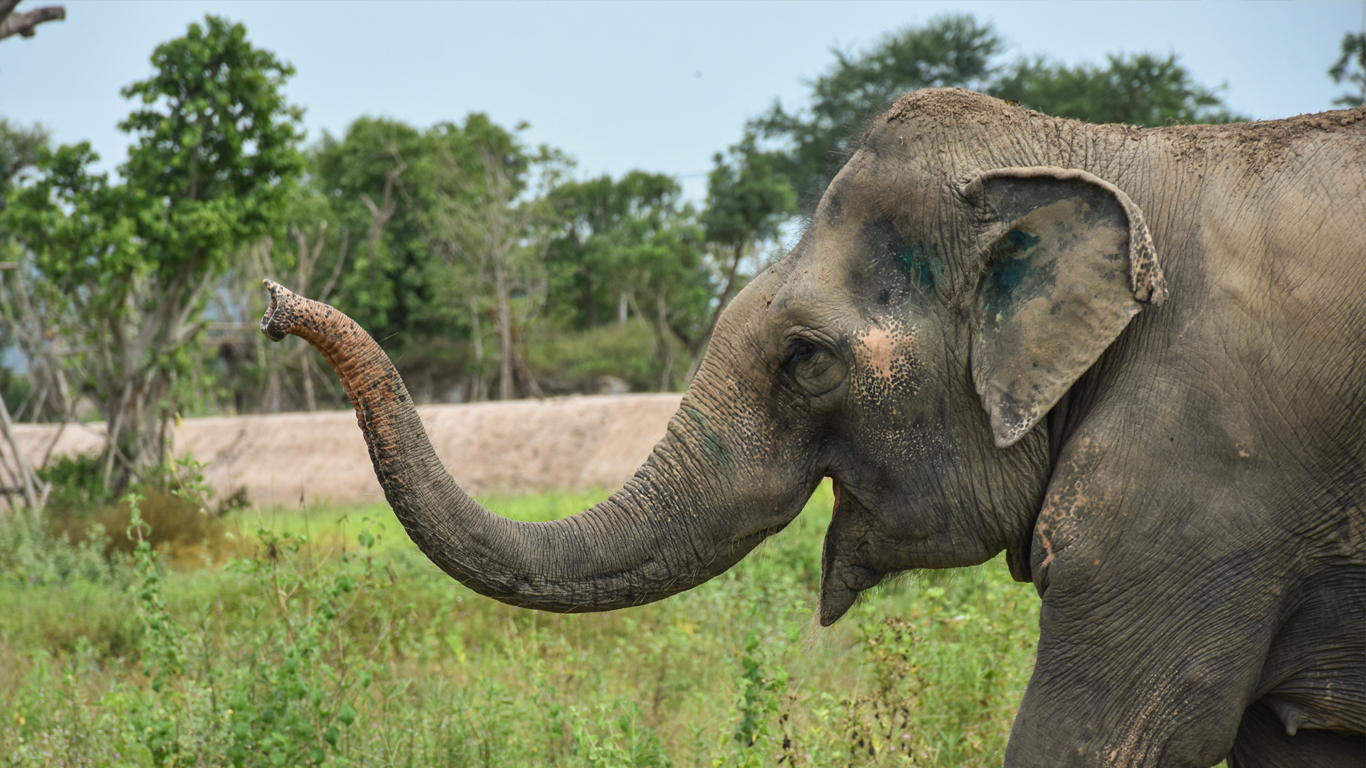Our planet is currently undergoing a rapid and severe loss of biodiversity – consider that 68% of our vertebrate population has been wiped out in the past 50 years. Addressing these losses is not impossible if we continue prioritizing preservation. Many species, such as South Africa’s white rhino, have been brought back from the brink of extinction thanks to effective, concerted conservation efforts – programs supported by concerned citizens like you.
The bottom line is that wild species will not survive without the support of people like our donors – and, in March, this support helped save lives and contribute to species preservation in several parts of the world.
Here is how our donors made a difference in March.
South Africa, Mpumalanga province 
Supporting four-legged anti-poaching heroes
In the Greater Barberton Nature Reserve in Mpumalanga, a dedicated anti-poaching team works around the clock to protect the region’s endangered rhinos. This unit is supported by canine and mounted patrols which are pivotal to their work in stamping out poaching and illegal activity in the region.
In March, our supporters contributed to the dental and veterinary health check-ups for the anti-poaching dogs and horses, helping to ensure that these four-legged heroes are healthy, strong and ready to help tackle crime. Thank you for supporting important anti-poaching initiatives in South Africa.
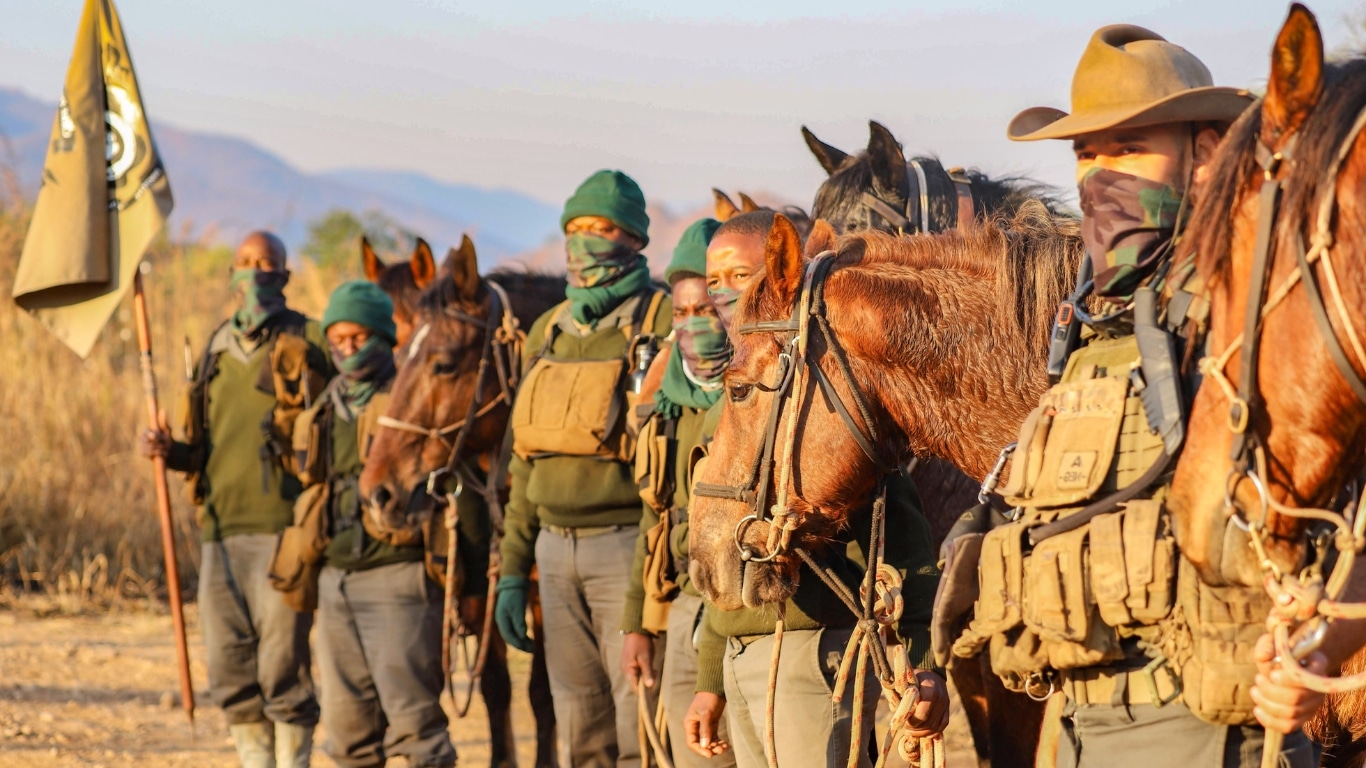
South Africa, Tzaneen 
Saving pangolins one life at a time
With up to 2,7 million pangolins killed annually for the illegal wildlife trade, every life counts in the fight to prevent their extinction.
In March, our supporters donated generously towards the care and rehabilitation of pangolins at our partner, Umoya Khulula. The sanctuary treats those rescued from brutal poachers and trafficking situations, working against the odds to save these fragile, easily stressed creatures. It costs around $5,000 to treat and rehabilitate a pangolin, so every penny helps – just as every life is precious in the fight against pangolin obliteration. Thank you for your support.
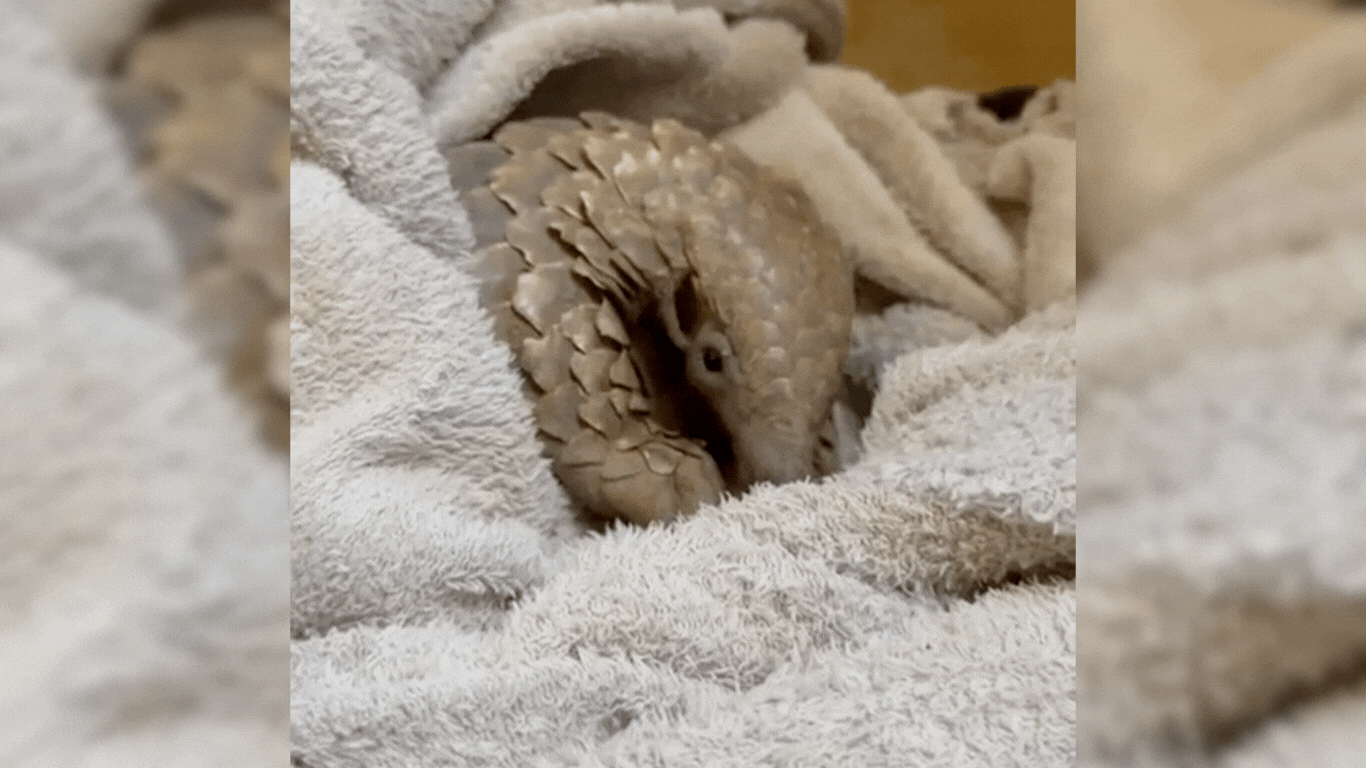
South Africa, Western Cape province 
Providing care for helpless lion cubs rescued from traffickers in Lebanon
Issam and Kelly were just a few months old when they were rescued at an army checkpoint outside of Lebanon. They were hidden in plastic cat crates and drenched in their own urine. The cubs had been snatched from their mother and displayed physiological abnormalities due to the poor conditions in which they were kept and the inappropriate diet they were fed. They were in a truly shocking way.
Our partner in South Africa, Drakenstein Lion Park, agreed to take in the cubs and give them a lifelong home. Sadly, due to the extent of human interference, they can never be released into the wild. Thanks to our supporters, we were able to raise funds to contribute towards the cubs’ rehabilitation for several months, helping to give them the essential care they need while easing the financial strain on our partner and helping ensure they can continue to rescue wild animals in urgent need. The cubs are grateful for your support.
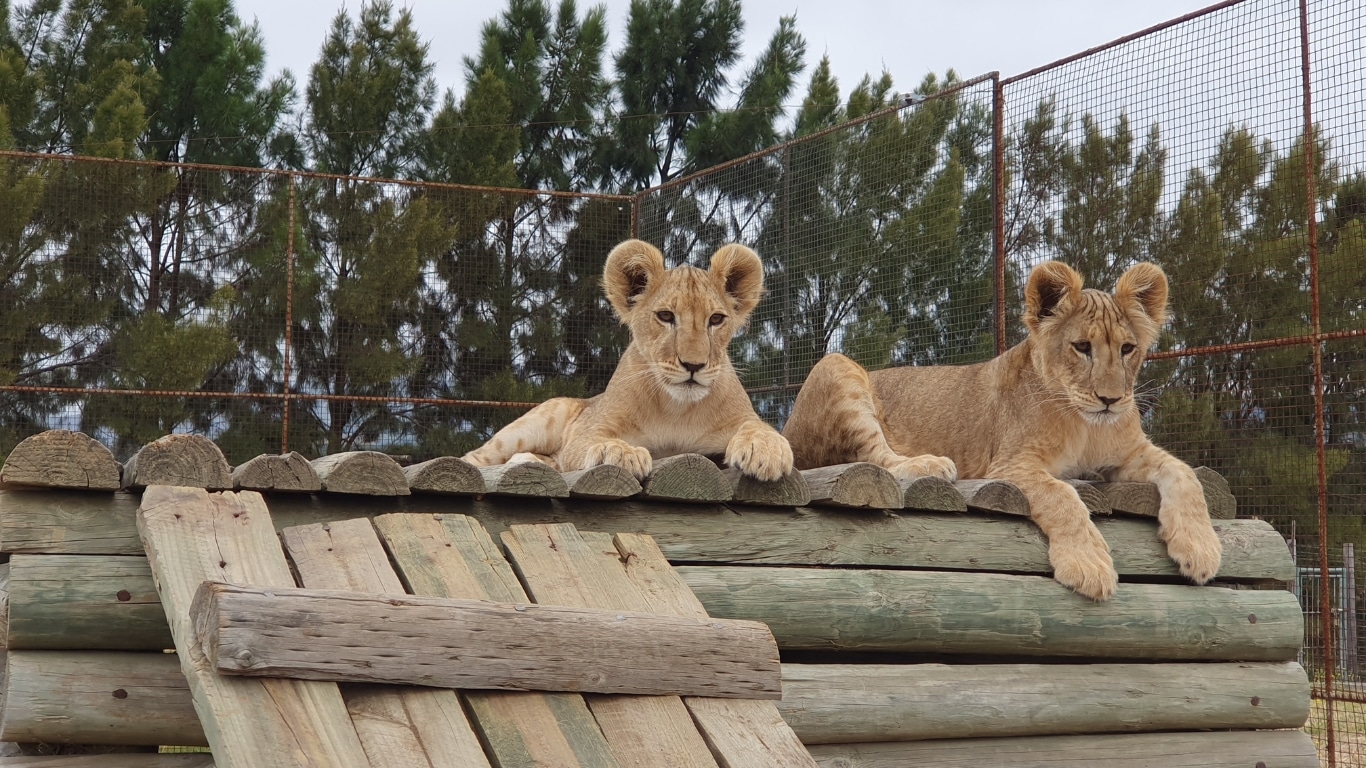
Laos, Vientiane
Implementing a solution to protect pangolins and nab poachers
Hundreds of thousands of pangolins are slaughtered every year in Asia for bogus traditional ‘medicines’, trinkets, jewelry and virility potions. Our partner, the Lao Conservation Trust for Wildlife (LCTW), regularly rescues animals from the trade, and recently took in six critically endangered pangolins saved in the nick of time from a horror meat market.
But rehabilitating pangolins is not enough – we know we MUST support measures to stop poaching at the source. Thanks to our supporters’ donations in March, we will be able to contribute to advanced tracking solutions for released pangolins, which will instantly alert the LCTW team if a pangolin is snared, caught or transported. These devices will not only help keep pangolins safe, but direct our team straight to poachers, so they can be stopped in their tracks. Thank you for supporting such a worthy wildlife initiative.
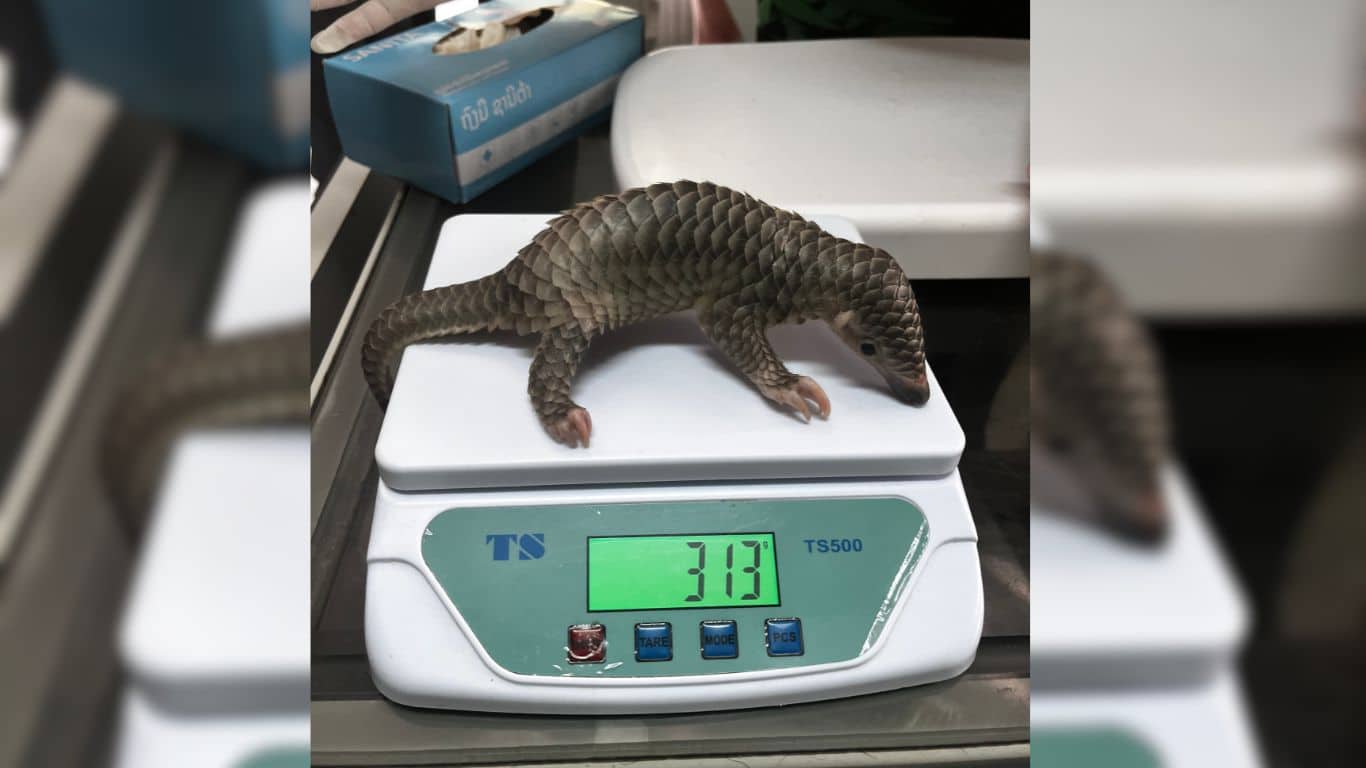
Follow us on social for these stories and more…
 Twitter
Twitter  Instagram
Instagram  LinkedIn
LinkedIn  Facebook
Facebook
Our supporters helped free Masimba! Here is a wonderful update on the snared elephant in Zimbabwe you helped us save in February.
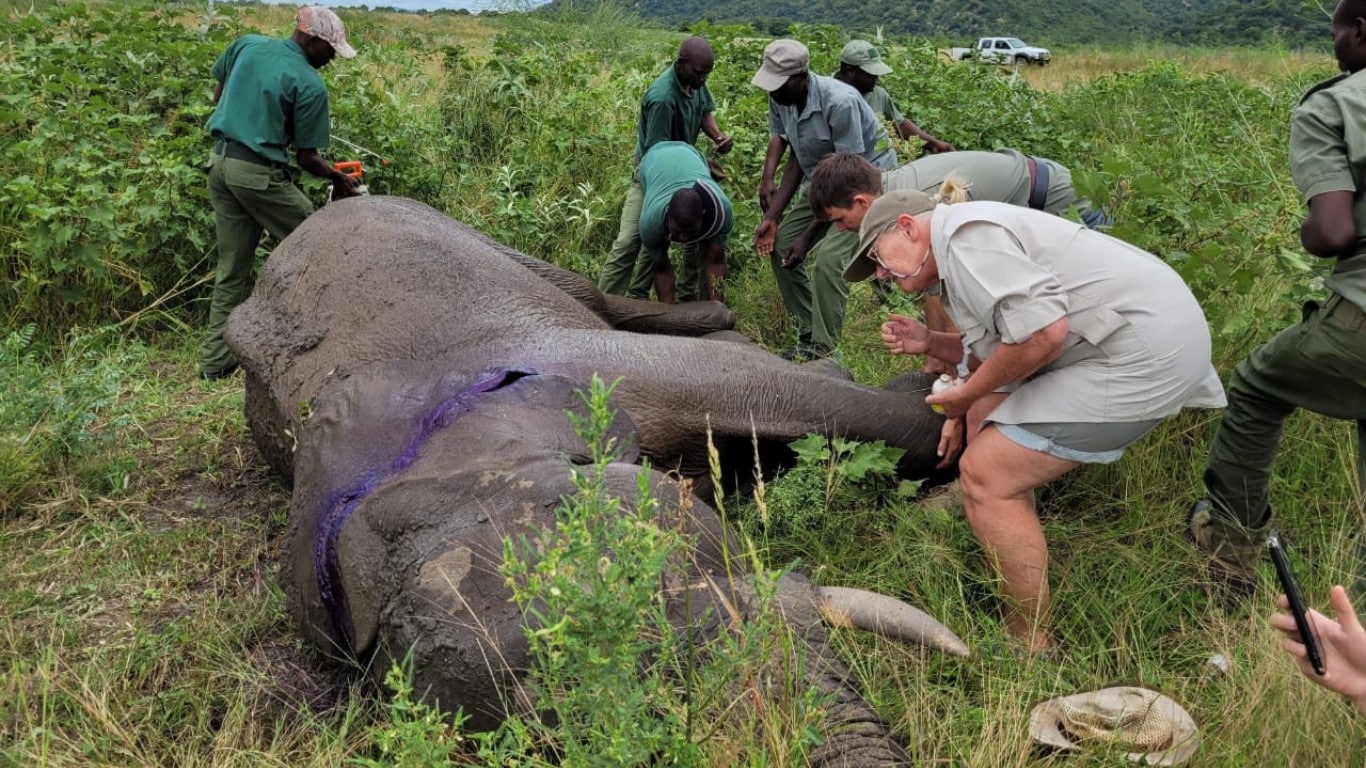
Rescued wild animals get spacious new enclosures in Kwa-Zulu Natal, South Africa. See the work in progress here!
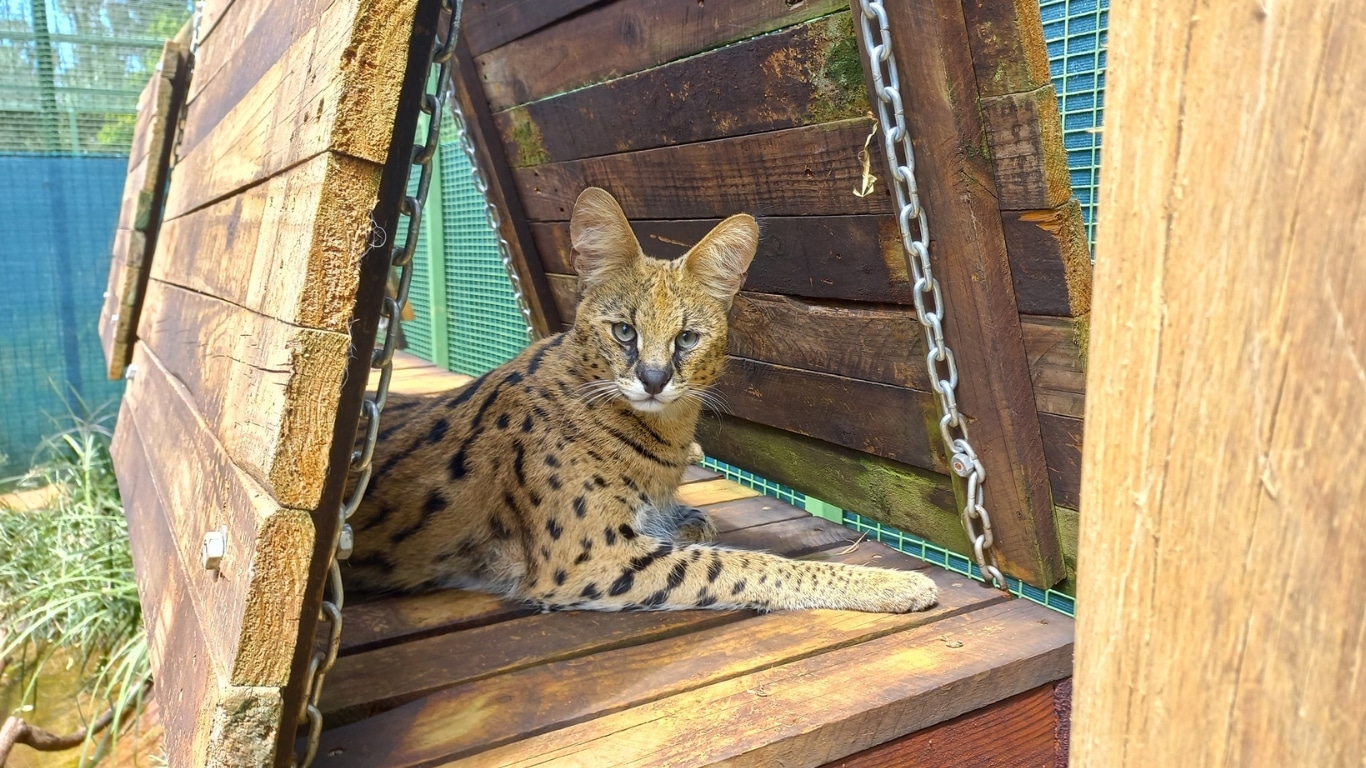
These little critters found themselves in prickly situations in Auckland, New Zealand. Fortunately, we were there to help…
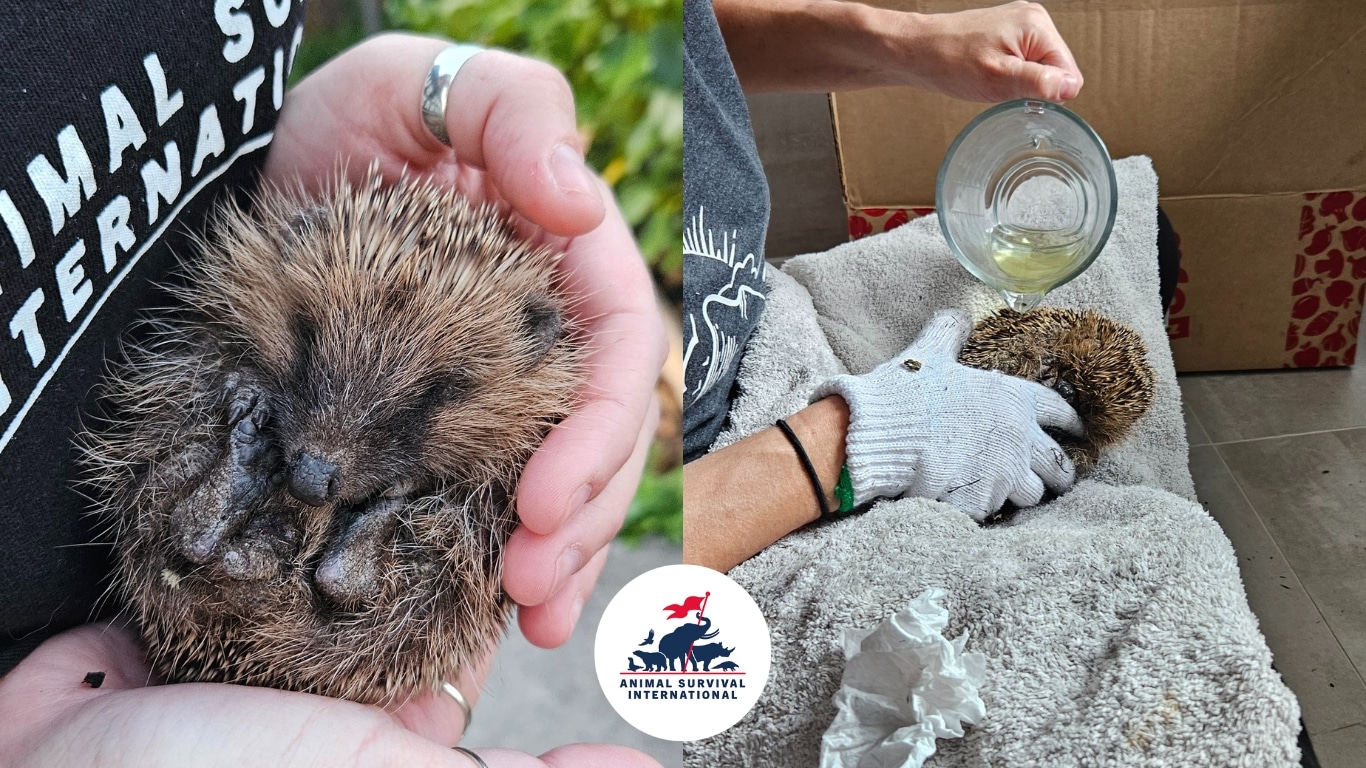
From the News Desk
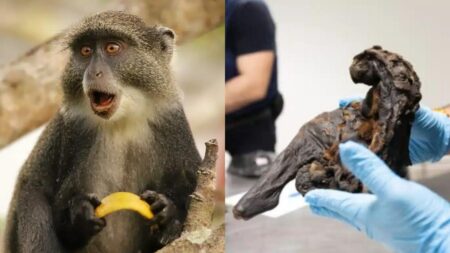
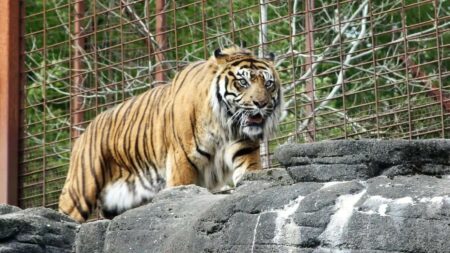
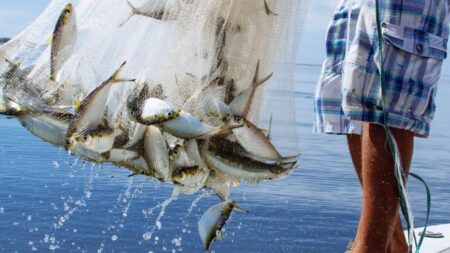
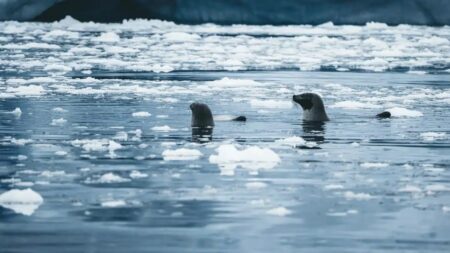
Together, we can turn the tide. Thank you for enabling us to continue our critical work for wildlife and habitats in crisis.
Banner credit: Drakenstein Lion Park. News Item: Image 8: The Guardian, Image 9, 10 & 11: StockImage

